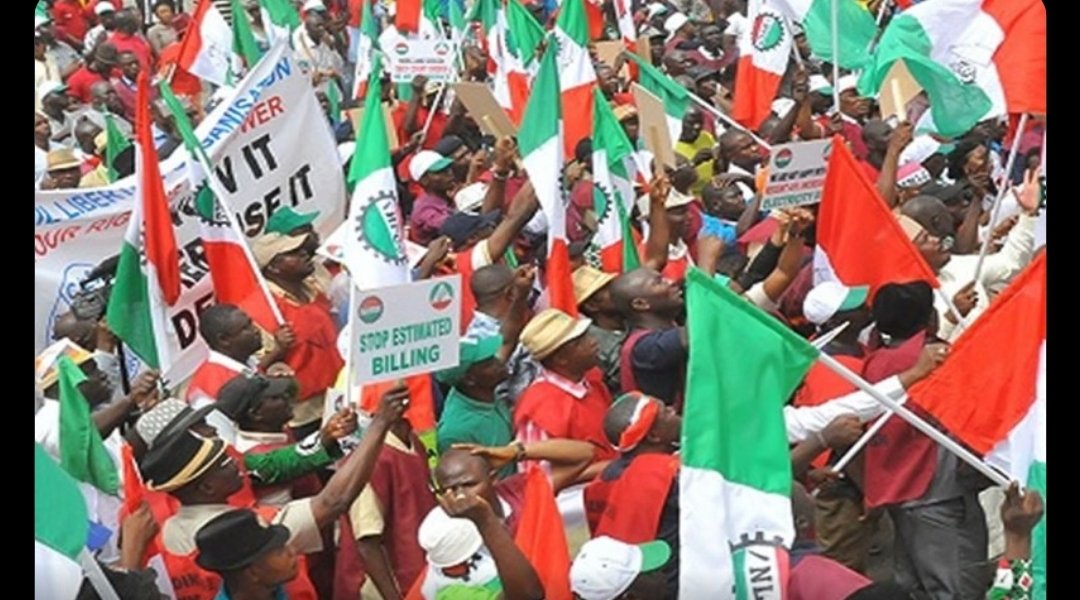
Labour meets Tinubu today, insists on N250,000 minimum wage
The Nigeria Labour Congress announced today that it would push President Bola Tinubu for a minimum salary of N250,000 when they meet at the State House in Abuja on Thursday.
Benson Upah, the NLC's Head of Public Affairs, stated that Labour would not compromise on its N250,000 plan when meeting with the President.
"Despite the fact that the cost of living has since increased, we are still going to the table demanding N250,000." We have acted in a very patriotic and reasonable manner," Upah said our correspondent.
In keeping with Tinubu's pledge to have more stakeholder consultations on the minimum wage, labour representatives were invited to a meeting with the president.
Approximately one month has passed since the President stated in his Democracy Day speech on June 12, 2024, that an executive bill on the new national minimum wage would soon be sent to the National Assembly for passage.
The President-chaired Federal Executive Council decided to halt its deliberations on the new minimum wage memo on June 25 in order to give stakeholders more time to comment before the executive law was eventually drafted.
Following receipt of the Tripartite Committee on Minimum Wage report from George Akume, Secretary to the Government of the Federation, the President made his decision.
The report that Akume obtained from Bukar Goni Aji, the Chairman of the Tripartite Committee, suggested a minimum salary of N62,000, taking into account the contributions made by the federal, state, and organised private sectors.
Following talks, Labour requested N250,000, but state governors expressed uncertainty about their ability to provide N62,000.
The trade unions used the current food inflation brought on by the twin objectives of eliminating petrol subsidies and unifying the FX windows to argue that the present N30,000 minimum wage was no longer feasible.
At the 141st meeting of the National Economic Council, Tinubu and Vice President Kassim Shettima convened with governors and ministries to discuss the new minimum wage for workers, two days following the FEC meeting.
But the conclusion of their encounter remained a secret.
The minimum wage negotiations had been going on for a while, and there had been little progress in reaching an agreement between government officials, organised labour, and the business sector.
On June 3, the labour unions, furious, called an indefinite strike that severely disrupted government and business operations across the country.
The National Assembly, state assembly buildings, banks, hospitals, airports, the national grid, and banks were all closed by the unions.
But after the union leaders met with senior government officials and received indications that the administration was prepared to raise its offer, the industrial action was put on hold.
The tripartite committee was established by President Bola Tinubu in January to negotiate a new minimum pay for workers before the Minimum pay Act of 2019 expires in April 2024.
The OPS, federal and state government representatives, and organised labour make up the committee.





